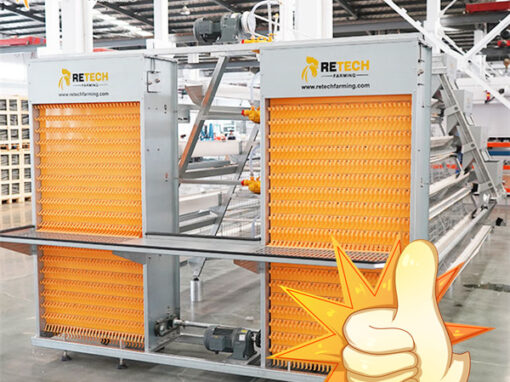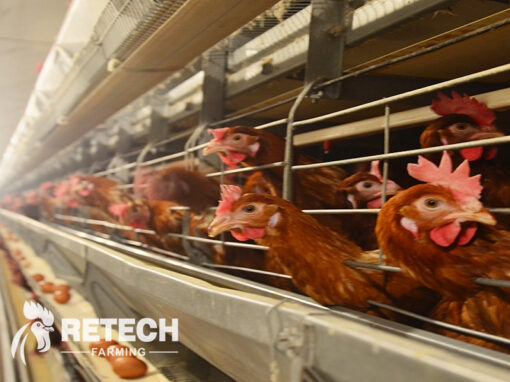In the process of raising chickens, chicken manure will inevitably be produced. Too much chicken manure will produce a large amount of harmful gases such as ammonia and hydrogen sulfide, resulting in poor air quality in the chicken house, which is very unfavorable for the growth of chickens, especially the respiratory tract.
The temperature is getting higher and higher, and the ventilation of the chicken house is also increasing, but if the smell of ammonia in the chicken house is still serious, it may be related to poor digestion of protein in the feed. The protein raw material is indigested and fermented in the feces to produce ammonia gas.
The harm of ammonia to the body of laying hens is mainly to stimulate the eyes and mucous membranes of the respiratory system, increase the susceptibility to respiratory diseases, and affect the feed intake, feed conversion rate and egg production performance of the chickens.
1.Induce respiratory diseases
The smell of ammonia has a pungent taste, and at the same time, it will produce ammonia water with water, irritating the mucous membranes of the respiratory tract, causing swelling and congestion of the mucous membranes of the respiratory tract, and respiratory symptoms.

chicken farm
2.Induce eye diseases
Ammonia can irritate the conjunctiva, leading to conjunctival congestion, swelling, and tearing in laying chickens.
3.Affect the production performance of chickens
When the ammonia concentration in the chicken house is too high, the chickens show lack of energy, decreased activity, reduced feed intake, and significantly decreased growth rate and egg production rate.
The gas in the chicken house comes from the nitrogen-containing organic matter in the excrement, and a large amount of protein in the diet cannot be fully utilized by the body, resulting in a decrease in the feed conversion rate of the chicken.
Studies have shown that when the ammonia concentration reaches 50-75ppm, the feed intake and feed conversion rate of chickens can be reduced.


